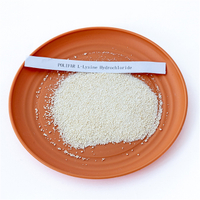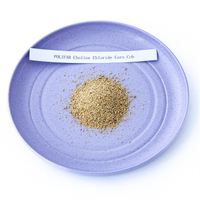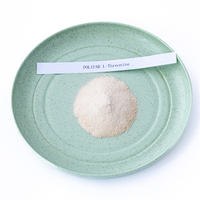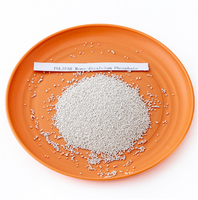Views: 0 Author: Site Editor Publish Time: 2023-09-28 Origin: Site








Sugar alcohols are polyols containing more than two hydroxyl groups. However, sugar alcohols are different from polyols such as ethylene glycol, propylene glycol, and pentaerythritol synthesized in petrochemical industries. Sugar alcohols can be produced from corresponding sugars from a wide range of sources, by reducing the aldehyde or ketone groups on the sugar molecules into hydroxyl groups to form sugar alcohols. For example, glucose is reduced to form sorbitol, xylose is reduced to form xylitol, maltose is reduced to form maltitol, fructose is reduced to form mannitol, etc. Generally, sugar alcohols exist in small amounts in natural foods and can be absorbed and metabolized by the human body. Polyols synthesized by petrochemical industry are used in organic synthesis and cannot be eaten. Sugar alcohols are not only edible, but can also be used for organic synthesis and as raw materials for preparing alkyd resins and surfactants.
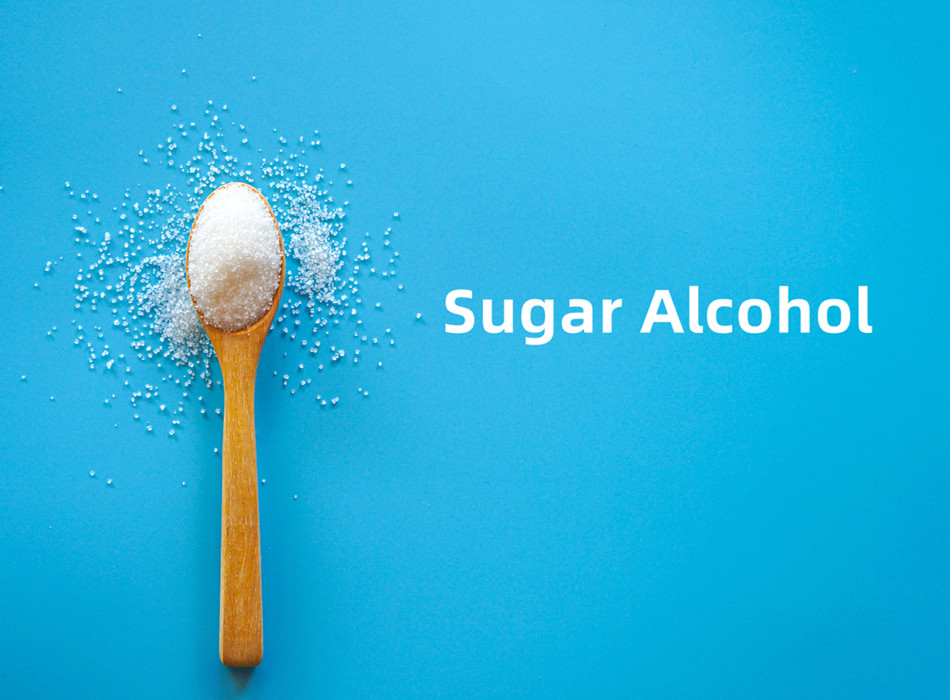
What are sugar alcohols? The article contains the following:
Introduction to sugar alcohols
Development prospects of sugar alcohols
Development prospects of sugar alcohols
Introduction to sugar alcohols:
Sugar alcohols are monosaccharides that undergo catalytic hydrogenation and sodium borohydride reduction to the corresponding polyols. Sugar alcohols are not sugars but have some properties of sugars. Currently developed include sorbitol, mannitol, erythritol, maltitol, lactitol, xylitol, etc. These sugar alcohols have high stability to acid and heat and are not prone to Maillard reaction. They become low-calorie food sweeteners and are widely used in low-calorie food formulations.
Sweet foods made from sugar alcohols are called sugar-free foods. Sugar alcohols are not used by microorganisms in the oral cavity and do not lower the oral pH, but increase it. Therefore, they do not corrode teeth and are a good material for preventing dental caries. Sugar alcohols have no effect on the increase in blood sugar levels in the human body and can provide a certain amount of calories for diabetics. Therefore, it can be used as a nutritional sweetener to provide calories for diabetics. Sugar alcohols are now approved by international food and health organizations for unlimited use.
Advantages of sugar alcohols:
The common structural feature of sugar alcohol nutritional synthetic sweeteners is that they have multiple hydroxyl groups. Their sweetness is less than that of sucrose, and their calories are mostly lower than that of sucrose. Therefore it is used as a filler for low-intensity, low-calorie sweeteners or high-intensity sweeteners. At the same time, they are generally not restricted by insulin and will not cause an increase in blood sugar levels, so they are often used as sweeteners for patients with diabetes and obesity. In the oral cavity, this type of sweetener is not affected by microorganisms and does not produce acid, so it is non-cariogenic. In modern times, problems such as diabetes, obesity, hyperlipidemia, and dental caries have become increasingly prominent. People are paying more and more attention to various sugar alcohols that are safe, taste good, do not cause dental caries, and do not affect blood sugar levels. In addition, their polyhydroxyl structure gives them the ability to combine with water and have a certain degree of water absorption (except for isomalt and erythritol). Therefore, they have the functions of maintaining food moisture, improving or maintaining softness, improving the rehydration of dehydrated food, controlling crystallization and even controlling the viscosity and tissue structure of food, reducing water activity, etc. In addition, sugar alcohols do not participate in the browning reaction and do not undergo caramelization when heated. The academic community has proposed the concept of "functional food additives", and some food additive varieties with confirmed health-care functional factors and scientific and detailed test data can be classified into this category. Sugar alcohols are one of the more typical "functional food additives".
Of course, sugar alcohols generally have a laxative effect when taken in large doses. Therefore, the United States and other countries stipulate that the words "excessive consumption may cause diarrhea" must be marked on the labels of added foods (depending on the type of sugar alcohol). Some sugar alcohols, such as sorbitol and maltitol, can cause gas and bloating when consumed too much at one time. However, some (such as erythritol) do not participate in metabolism, so they do not produce gas after eating.
Development prospects of sugar alcohols:
Healthy food is a consumption hot spot and development focus in today's food market. In Europe, the development of functional candies is eye-catching, especially sugar-free chewing gum, which accounts for 50% of the chewing gum market, and sugar-free candies account for more than a quarter of the candy market. Most of these sugar-free candies are made with sugar alcohol products instead of sucrose and starch sugar. With the increasing recognition of sugar alcohols by consumers, the application of sugar alcohols in sugar-free candies and food additives has broad room for development.
If you want to order sugar alcohol at a good price, please contact POLIFAR. POLIFAR strives to provide top-quality sugar alcohol with reasonable prices, efficient production time, and the most professional customer service.



